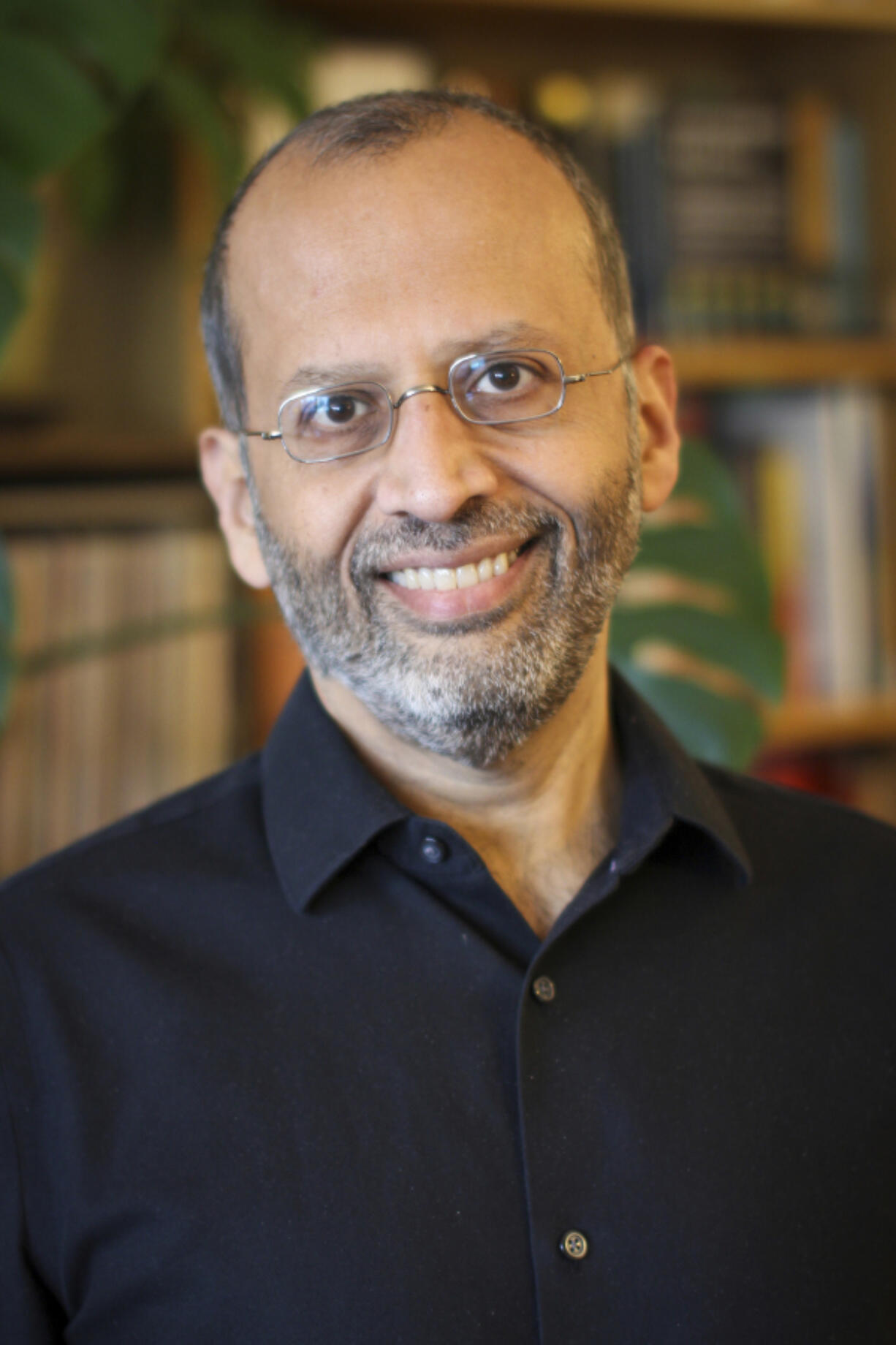As longtime progressive movement organizer Deepak Bhargava takes the reins of the multi-billion-dollar JPB Foundation, he is unveiling an ambitious plan to give big to democracy strengthening efforts.
The New York City-based foundation, which says it has assets of about $4.2 billion, announced it will increase grantmaking this year by 20% to about $510 million. JPB’s focus will be on supporting groups that increase the political sway of people of color, LGBTQ people, and workers; fighting online misinformation; and making grants to faith-based institutions and other groups that work to get people with different backgrounds and beliefs to find common ground.
Coming from Bhargava, the changes are not a surprise. Unlike other large foundation presidents who are often leaders in academia, Bhargava’s activist background makes him a different choice. To help in his movement-building efforts, he has recruited a cast of progressive stars including: Daniel Altschuler, former co-executive director of Make the Road Action; Alicia Garza, a co-founder of the Black Lives Matter movement; and Arianna Jimenez, who has held leadership roles at the Service Employees International Union and the California Democratic Party.
Under founder Barbara Picower, whom Bhargava replaced as president, JPB concentrated its grant making in three areas: reducing poverty, protecting the environment, and supporting medical breakthroughs.



